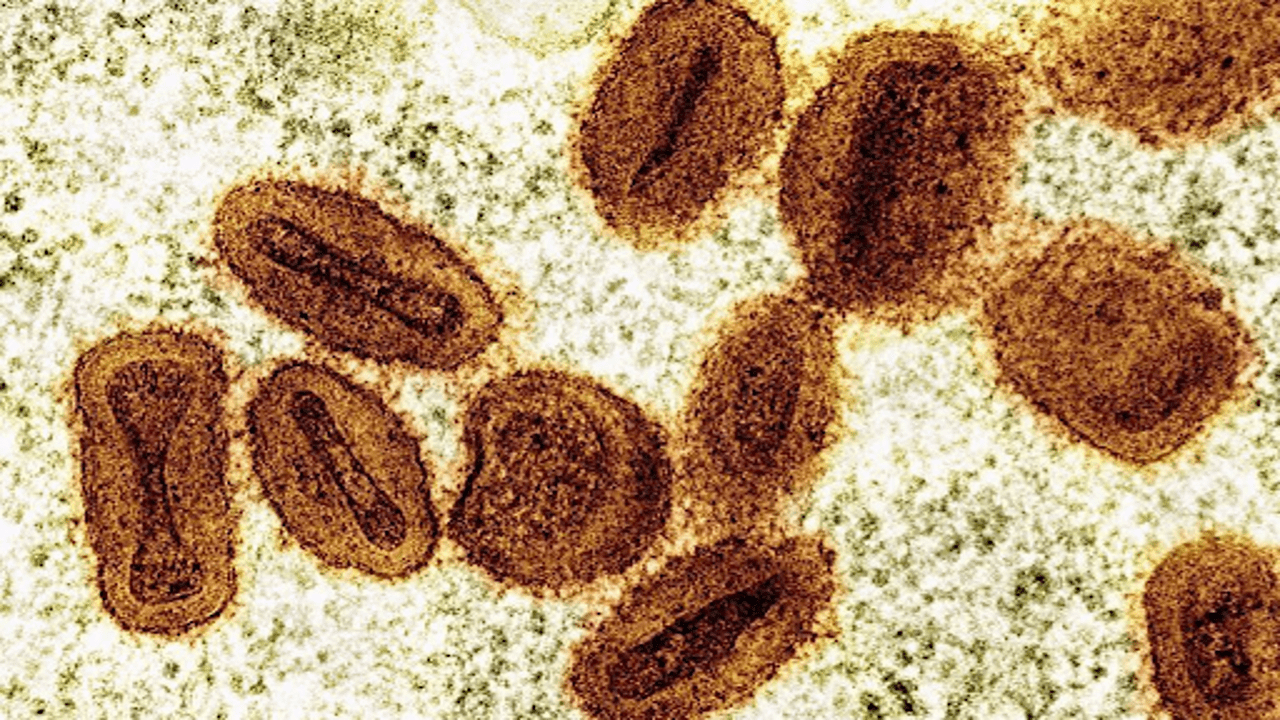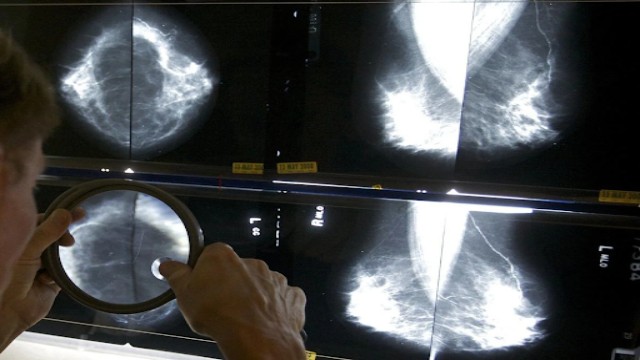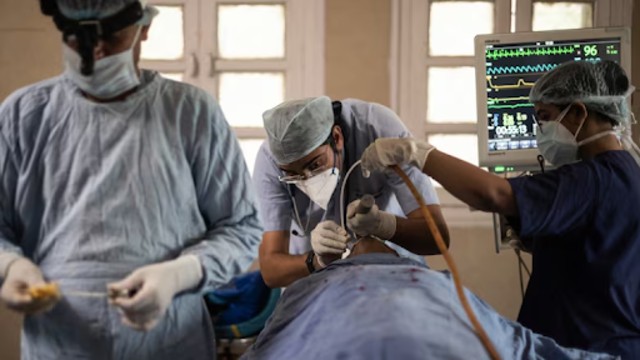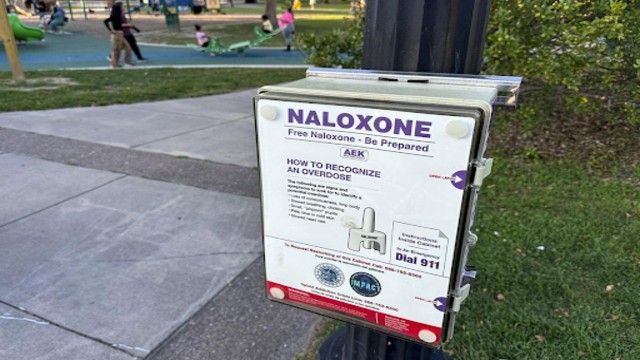
This colorized electron microscope image provided by the National Institute of Allergy and Infectious Diseases in 2024 shows Mpox virus particles, orange, found within infected cells, green. (NIAID via AP, File)
Health authorities have identified the first U.S. case of a recently discovered mpox strain, originally detected in eastern Congo. The infected individual had traveled to East Africa and was treated in Northern California upon their return, according to the California Department of Public Health.
Officials report the person is recovering well, and the public health risk remains low. The individual is isolating at home, and health workers are contacting those who may have been exposed as a precautionary measure.
Mpox, a rare viral illness related to smallpox, is endemic in parts of Africa, where it is often transmitted through bites or contact with small animals. While mild cases may present with symptoms like fever, chills, and muscle aches, severe infections can cause lesions on the face, hands, chest, and genitals.
Earlier this year, researchers identified a new mpox variant in eastern and central Africa that spreads through close contact, including sexual transmission. While this strain has been widely transmitted in the region, cases among travelers outside Africa have remained rare and contained, according to the U.S. Centers for Disease Control and Prevention (CDC).
Since late September, over 3,100 confirmed cases of the new variant have been reported, mostly in Burundi, Uganda, and the Democratic Republic of Congo, according to the World Health Organization (WHO). Cases linked to travelers have also surfaced in countries such as Germany, India, Kenya, Sweden, Thailand, Zimbabwe, and the UK.
Health officials note that the outbreak in Congo is showing signs of stabilization. However, the Africa CDC estimates at least 3 million mpox vaccines are needed to contain the virus in Congo, with another 7 million required for the broader region. The virus is spreading primarily through sexual contact and close interactions, particularly among children, pregnant women, and other vulnerable groups.
This outbreak differs from the 2022 global mpox surge, which predominantly affected gay and bisexual men. Health experts continue to monitor the situation to prevent further spread.















